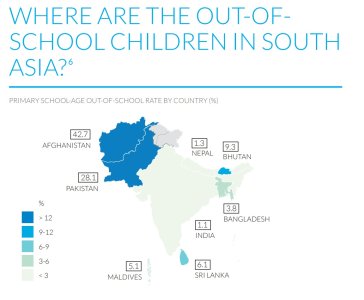cricketjoshila
Test Captain
- Joined
- Mar 16, 2011
- Runs
- 48,443
- Post of the Week
- 1
In my opinion for many Indians it's not even about money but they lack leadership qualities. You will rarely see them think outside the box but they are extremely good at following directions and working under someone. This is why you have never heard of an Indian develop a programming language or a software product that is used widely despite so many indians in the tech field.
Whereas, Pakistanis will take more risks, some will go well some won't but they are not afraid to venture into unchartered territory.
So how many billion dollar businesses, unicorns have Pakistanis built?
How many Pakistanis are in leadership position in fortune 500 companies?
How many Pakistanis have been in a leadership role in other countries?
The usual excuses of pakistanis begin to flow like,
Pakistanis do things for passion, Indians for money. Indians follow directions etc etc.
All this doesn't hide that Indians are far more successful than pakistanis.







